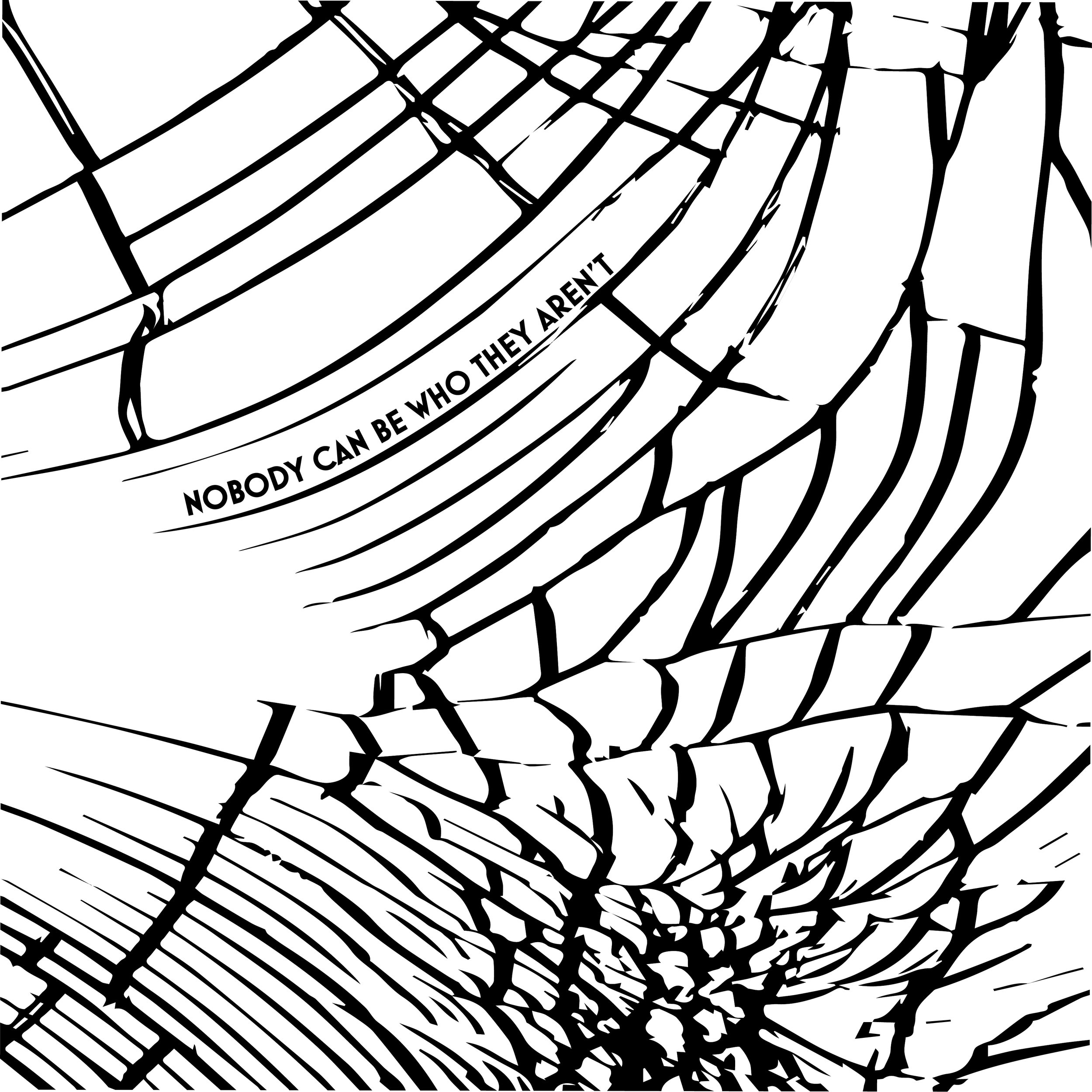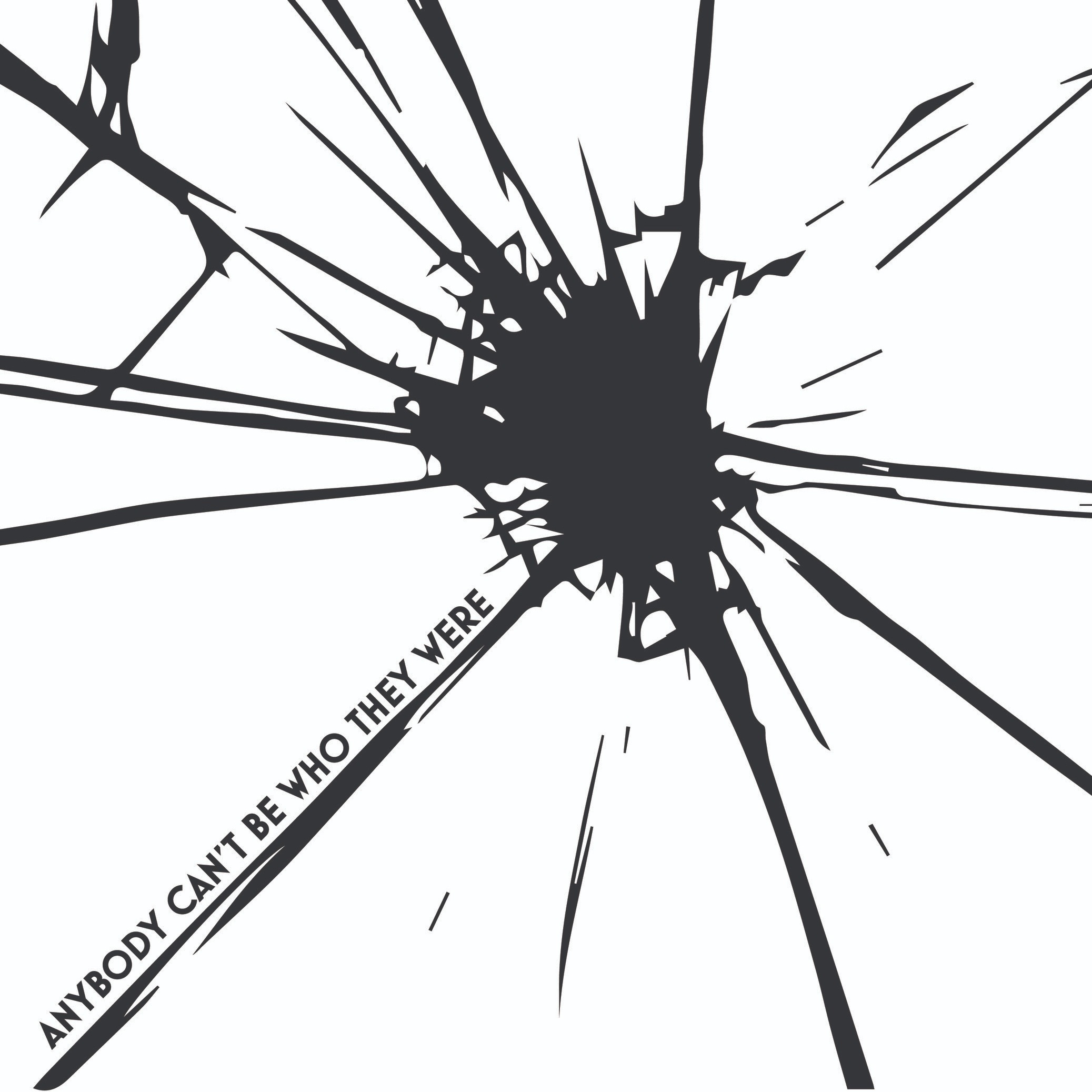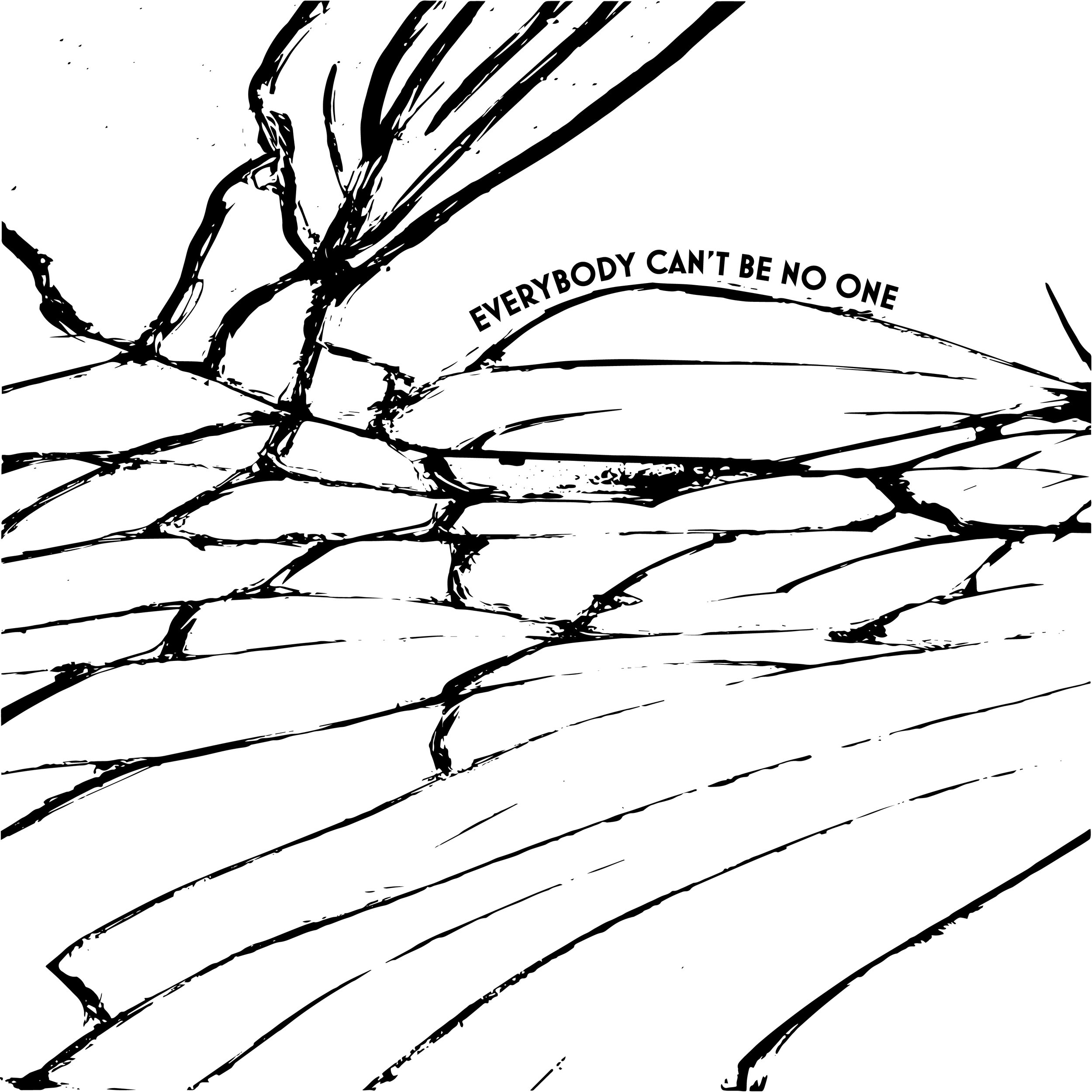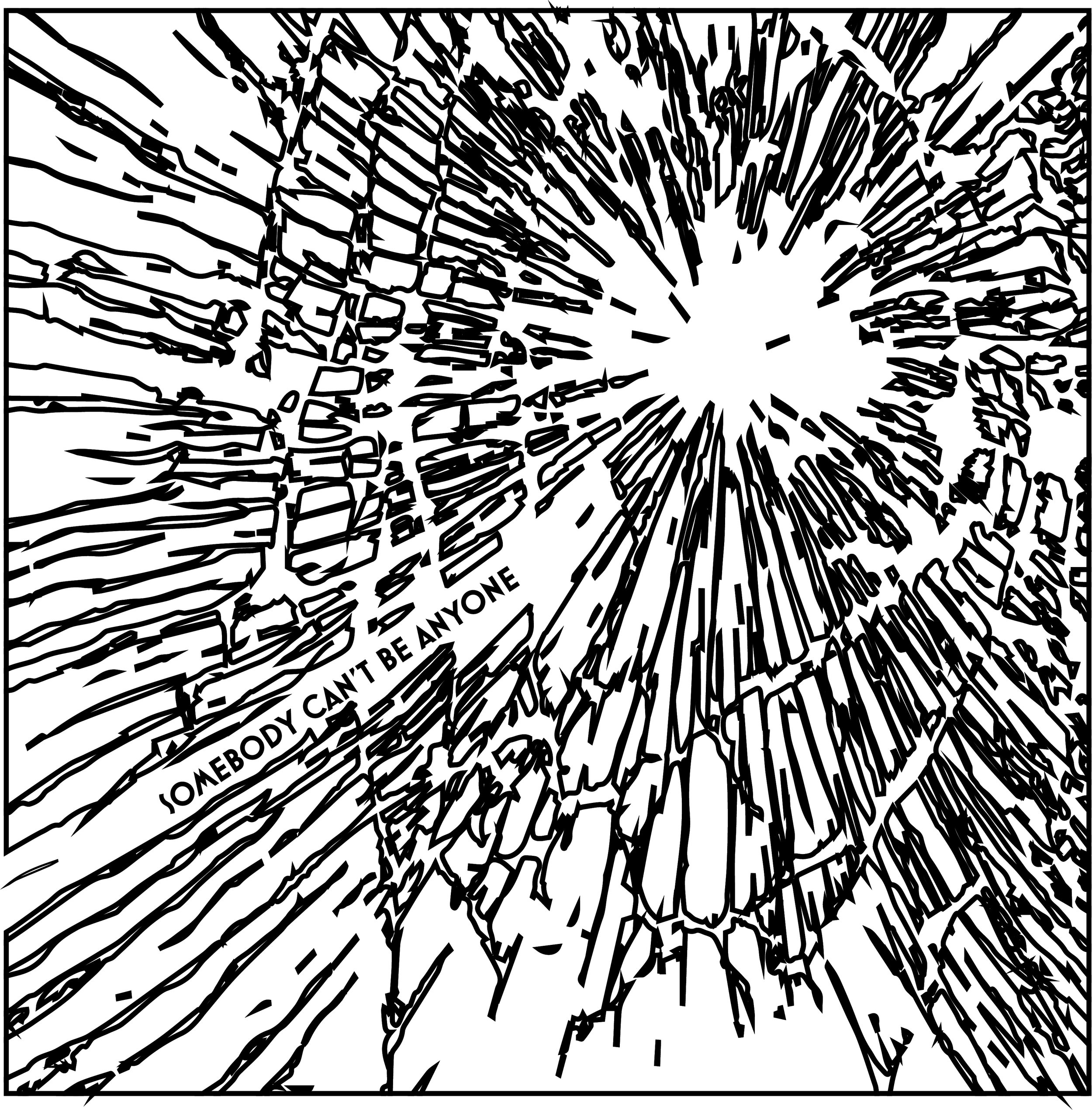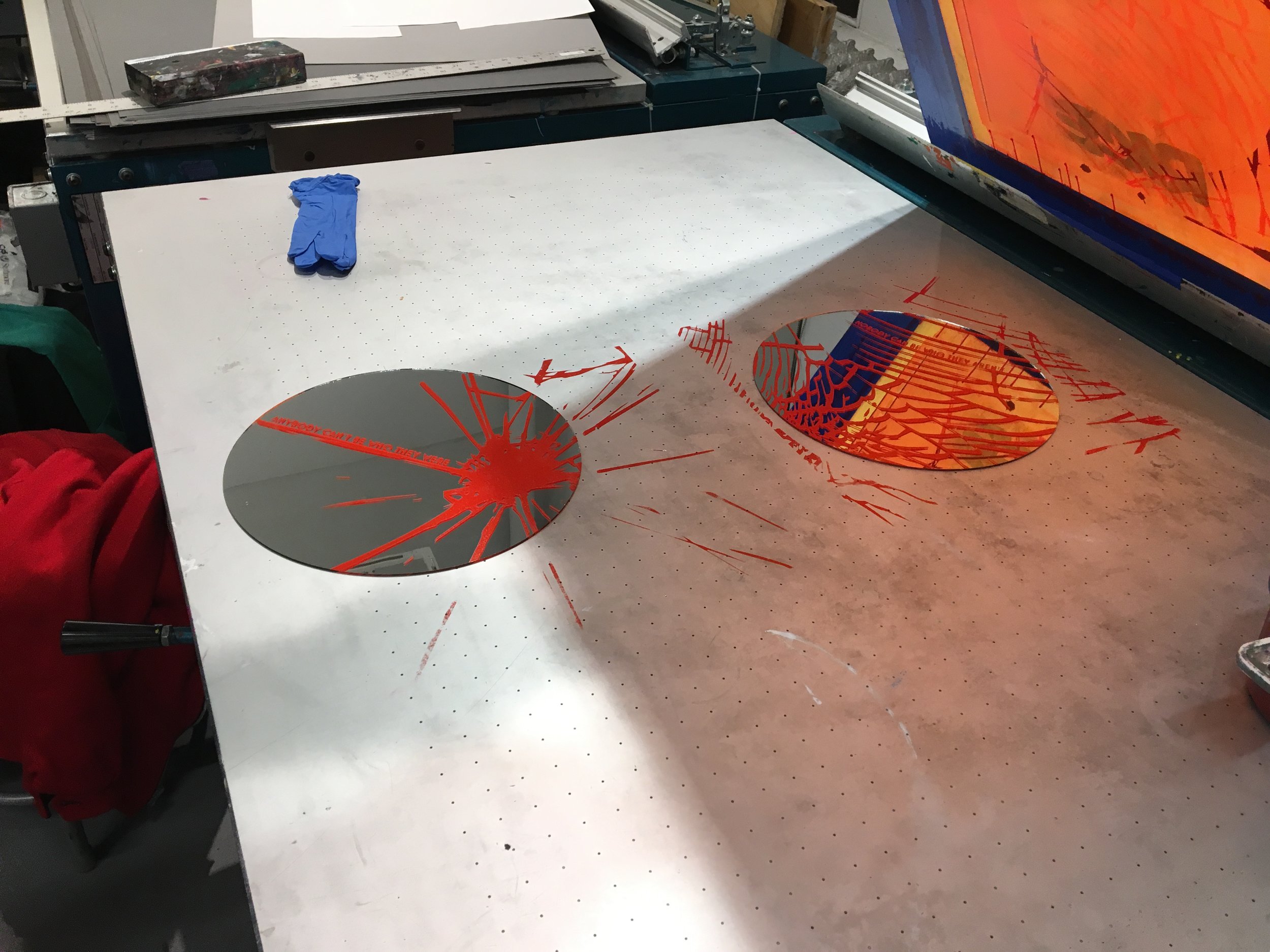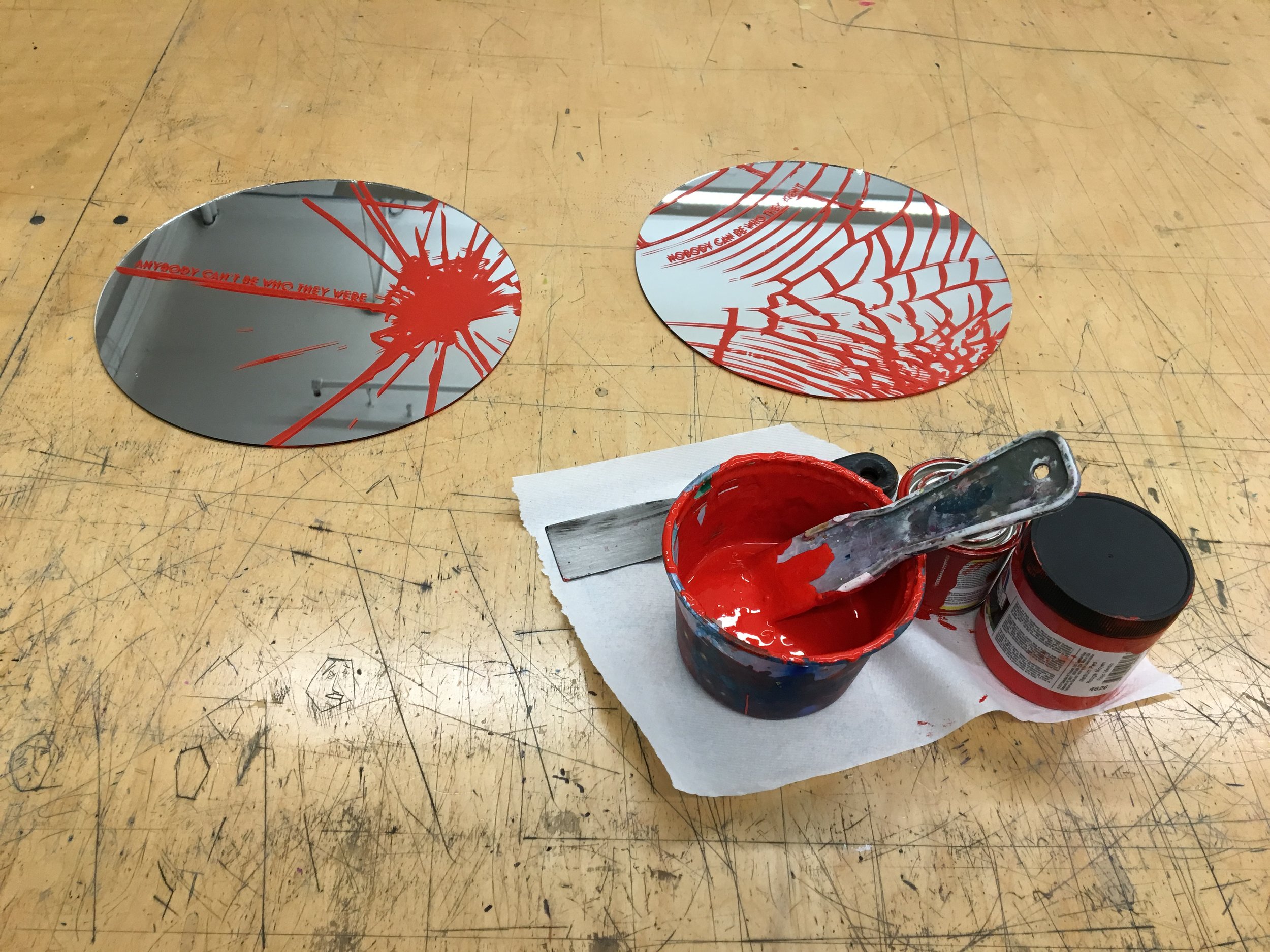March 29, 2019
The articulation of human connection is lost in the translation of ego. In the age of social media and surveillance, our society has become increasingly self-conscious of its self-image. We are hyper aware of the version of ourselves we show to others, both digitally and personally. Nowadays everything has a camera on it. There are cameras on telephone poles, cars, phones, and computers. Nothing is hidden and everything is being watched and recorded. The irony of technology is that although it’s meant to figuratively cut distances and connect people, it also pushes people away from each other and diminishes the chance of any real human connection. You see what your friend is doing on the other side of the country via social media, but how do you actually know if that person is doing that in real time or if that person is even real? Social media gives us the opportunity to curate ourselves, giving us the chance to be the person we’ve always wanted to be.
This curation stems from a distrust that we have for ourselves. Maybe the person we see in the mirror isn’t the person we want to be seeing. 5 years ago I found a mirror tossed out in a dorm and for these past 5 years I’ve used that mirror every day. When I wake up, after I shower, before I leave for work, when I drunkenly argue with myself, etc., I stand in front of that mirror. I once lived in an apartment where the bedroom doors didn’t lock. My roommate didn’t own one and would barge into my room unannounced just to use mine. I wrote a simple message on the mirror in hopes of deterring him. The message stuck. Now every time I look at my reflection it’s like I’m screaming “FUCK YOU” to myself.
I stare at myself in the mornings and wonder if I’ll see the same person at night. I don’t know if I can trust myself to be honest with others as they might not be seeing who I really am. Maybe I’m not strong enough to hold my integrity. What if I’m just trying to be who I think everyone else wants to see? We might not vocalize it, but we all have conversations with ourselves in mirrors. They often take form as positive mantras: “You’re going to do great.” “Your make-up is perfect.” “You’re going to ace that interview.” “You’re going to be really productive today.” “Today, you’re going to say something to her/him/them.” But mirrors highlight our faults just as much as they motivate us. They make us self conscious and protective of our imperfections, preventing us from being fully and wholeheartedly ourselves. This distrust for ourselves branches into self-doubt and a fear of judgment. Social media does not help with this. It causes us to put ourselves into boxes while minimizing the personalities of others into extravagant avatars of themselves. We get jealous of those avatars and become over-critical of our own identities as a result.
Everybody Somebody Nobody Anybody reflects the inner turmoil of communicating your identity to the rest of the world. They are mirrors that show the nature of a broken behavioral language; mantra-like statements that should make sense, but are sonically confusing. Their meaning depends on how you make sense of them. This relies on how you make sense of yourself. The mirrors appear unusable yet their quality is completely intact. The cracks are artificial just as our imperfections are self-imagined.
”Everybody can’t be no one.”
”Somebody can’t be anyone.”
“Nobody can be who they aren’t”
”Anybody can’t be who they were.”

